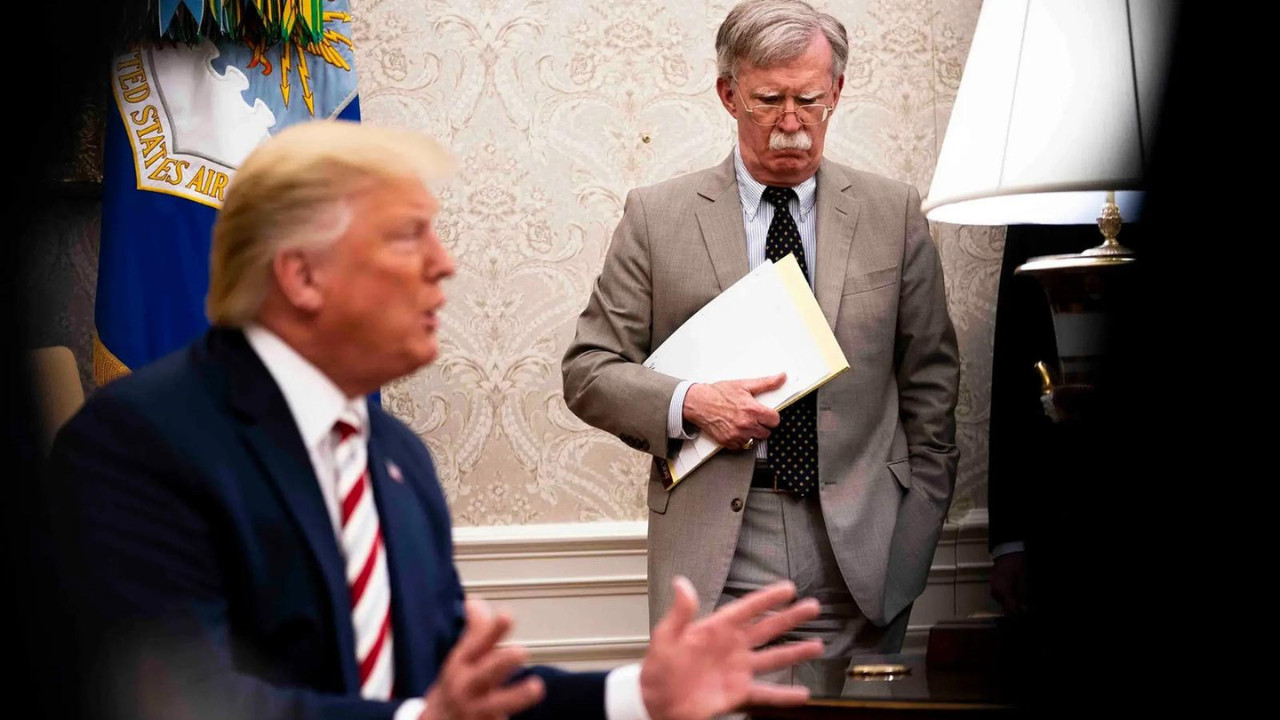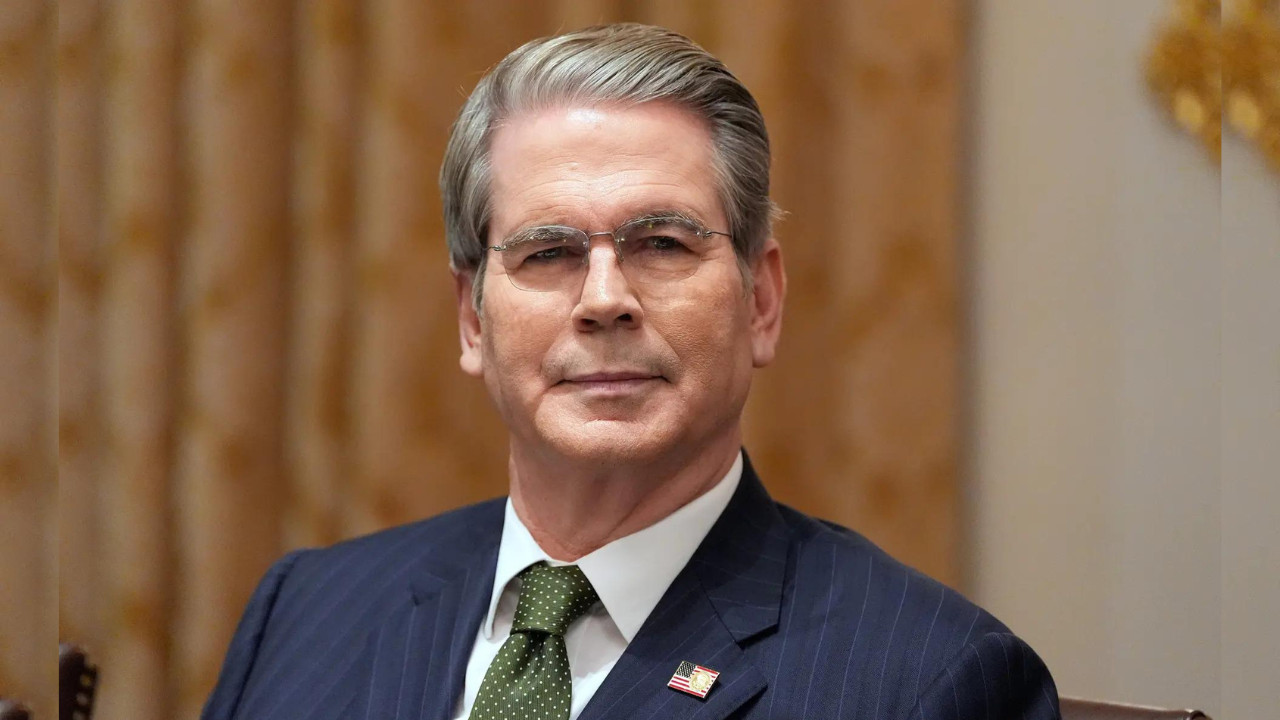John Bolton has criticized Donald Trump’s tariff policy on India as inappropriate, warning it could strain relations. He also refuted Trump’s claim of brokering peace between India and Pakistan. Bolton highlighted the erratic nature of imposing tariffs on India for Russian purchases while overlooking larger buyers like China, advising India to prioritize long-term ties with the US and view Trump’s actions as temporary.
Bolton’s Bombshell: A Scathing Critique of Trump’s India Trade Tactics
John Bolton, former National Security Advisor under the Trump administration, is not one to mince words. And in recent pronouncements, he’s taken aim at his former boss’s trade policies with India, painting a picture of erratic decision-making and questionable negotiation strategies. Bolton’s critique offers a rare glimpse into the inner workings of the Trump White House, particularly concerning its approach to international trade relations.
One of Bolton’s central arguments revolves around the imposition of tariffs on India. He suggests these tariffs weren’t strategically sound moves rooted in a coherent economic policy. Instead, Bolton characterizes them as impulsive actions, perhaps driven by a desire to appear tough on trade, without fully considering the consequences or the long-term impact on the relationship between the two countries. Bolton implied, according to reports, that these tariff decisions lacked a clear strategic rationale, potentially undermining broader geopolitical goals.

The implications of this assessment are significant. It raises questions about the stability and predictability of US trade policy under the Trump administration. Businesses thrive on certainty, and when policies seem to shift based on whim rather than careful analysis, investment and economic cooperation suffer. This alleged erratic behaviour has raised concerns among economists and trade experts about potential damage to international relationships.
Beyond tariffs, Bolton also addressed Trump’s claim of having brokered peace between India and Pakistan. Bolton firmly rejected this assertion, stating that he never witnessed any effort on Trump’s part that could be construed as a genuine attempt at mediation. This denial adds another layer of complexity to the narrative surrounding Trump’s foreign policy, suggesting that some claims made during his presidency may have been exaggerated, or at best, mischaracterized.
The idea of the US playing a significant role in resolving the long-standing tensions between India and Pakistan is not new. However, for such efforts to be successful, they require careful diplomacy, a deep understanding of the regional dynamics, and a willingness to engage in sustained dialogue. Bolton’s comments suggest these elements were conspicuously absent from Trump’s approach, relying instead on the illusion of progress.
Unpacking the Impact of Trump’s India Tariffs
So, why does all of this matter? Beyond the political intrigue, Bolton’s revelations shed light on the real-world impact of trade policies on businesses and consumers. Tariffs, while sometimes presented as a way to protect domestic industries, often lead to increased costs for businesses that rely on imported goods. These costs, in turn, can be passed on to consumers, leading to higher prices for everyday products.
Furthermore, tariffs can trigger retaliatory measures from other countries, resulting in trade wars that harm all parties involved. In the case of India, the imposition of tariffs may have strained the economic relationship between the two countries, potentially hindering opportunities for collaboration in areas such as technology, defense, and clean energy.
Bolton’s assertions also invite a broader reflection on the role of the US in the global economy. Should the US prioritize aggressive trade tactics or collaborative partnerships? Should trade policy be driven by short-term political considerations or long-term strategic goals? These are complex questions with no easy answers, but they deserve careful consideration as the world navigates an increasingly interconnected and competitive economic landscape.
Bolton’s Critique: More Than Just Sour Grapes?
Of course, it’s essential to approach Bolton’s statements with a degree of skepticism. As a former insider with a potentially complicated relationship with Trump, his perspective may be influenced by personal biases. However, his critique aligns with concerns previously voiced by other observers about the unpredictable nature of Trump’s trade policies.
Ultimately, Bolton’s comments serve as a reminder that trade policy is not just about numbers and statistics; it’s about relationships, trust, and the pursuit of mutual benefit. A stable and predictable trade environment is essential for fostering economic growth and promoting international cooperation. Erratic behaviour, on the other hand, can sow uncertainty and undermine the very foundations of the global economy. This also highlights the importance of having a well-informed and strategically aligned team advising on such critical matters. An unstable approach to international relations does not do justice to the importance of India trade tariffs.
In the end, understanding the nuances of past policies helps us chart a more informed and strategic course for the future. To learn more about the current state of India-US relations, consider reading about the [recent defense agreement](internal-link).







